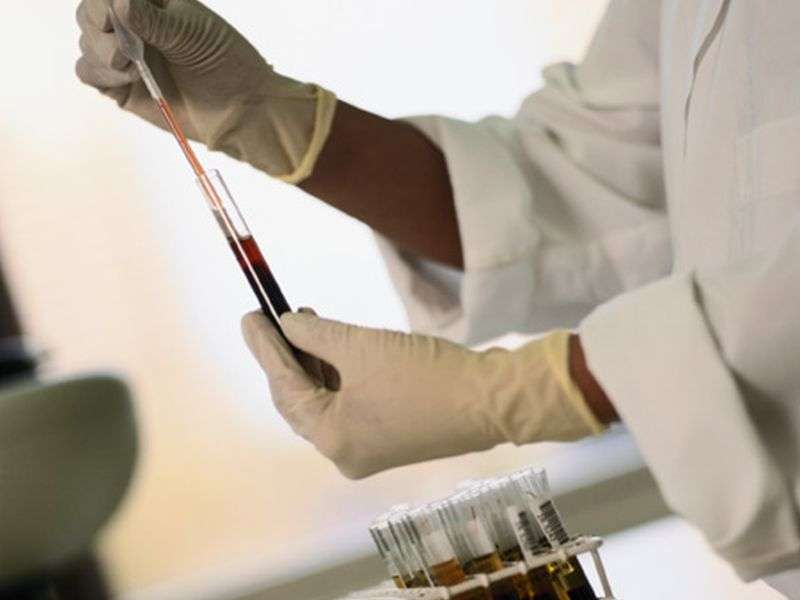(HealthDay)—For women, sex hormone-binding globulin (SHBG) and total estradiol (TE) are associated with the risk of type 2 diabetes (T2D), according to research published online Oct. 10 in Diabetes.
Taulant Muka, M.D., from the Erasmus Medical Center in Rotterdam, Netherlands, and colleagues analyzed data from 3,117 postmenopausal women participants of the Rotterdam Study (RS) to examine whether endogenous sex hormones (ESH) and SHBG correlate with the risk of incident T2D. They also conducted a meta-analysis of studies examining the prospective correlation of ESH and SHBG with T2D.
The researchers identified 384 incident cases of T2D in the RS during a median follow-up of 11.1 years. There was no correlation for total or bioavailable testosterone with T2D. An inverse correlation was seen for SHBG with the risk of T2D, while TE correlated with elevated T2D risk. In a meta-analysis of 13 studies involving more than 1,912 incident T2D cases, increased risk of T2D was seen with low levels of SHBG and high levels of TE. The correlation of ESH and T2D was only seen in postmenopausal women; menopausal status did not impact the correlation of SHBG with T2D.
"SHBG and TE are independent risk factors for the development of T2D in women," the authors write.
Several authors disclosed financial ties to nutrition and biopharmaceutical companies, including Metagenics, which funded the study.
More information: Full Text (subscription or payment may be required)
Journal information: Diabetes
Copyright © 2016 HealthDay. All rights reserved.






















